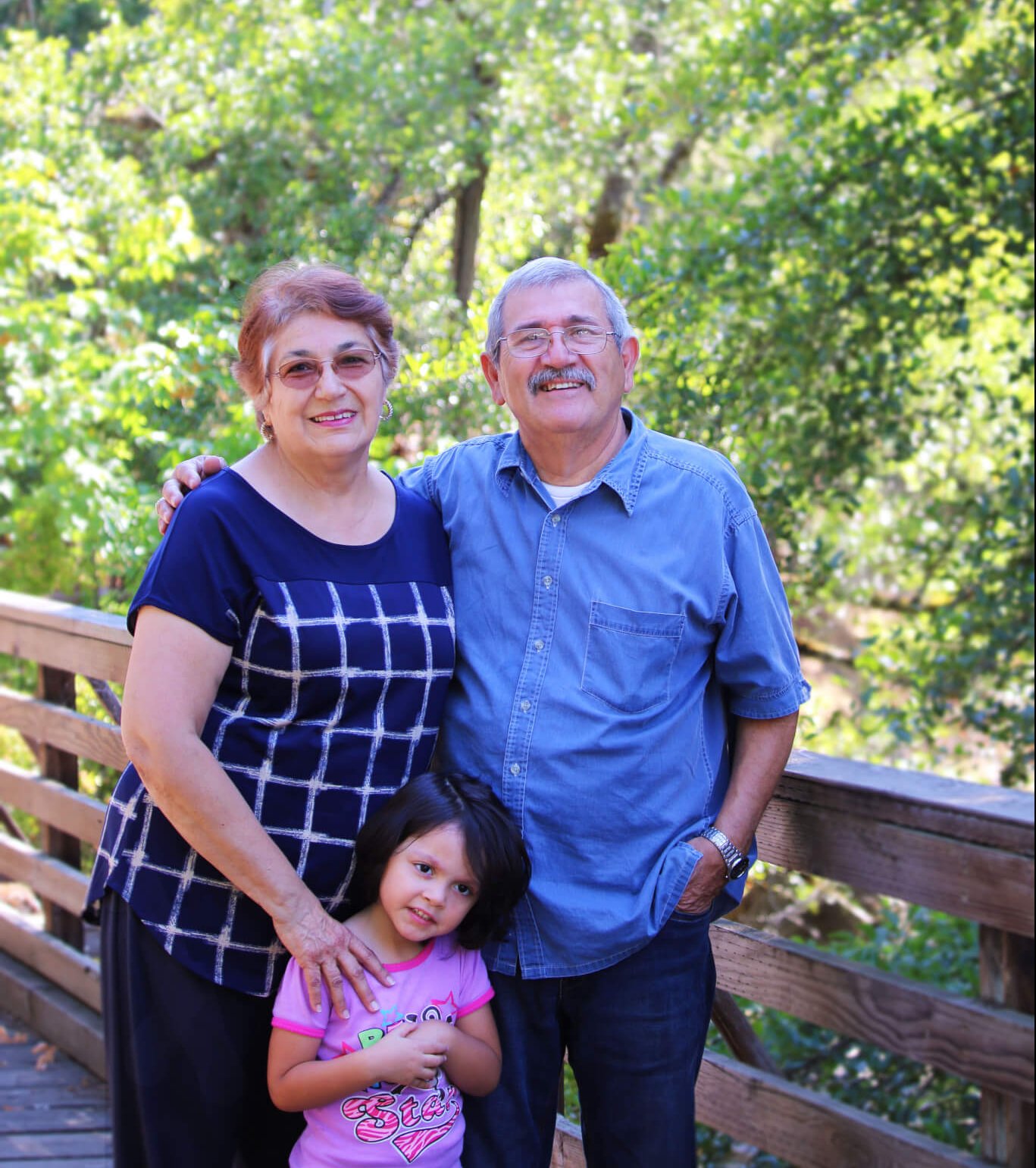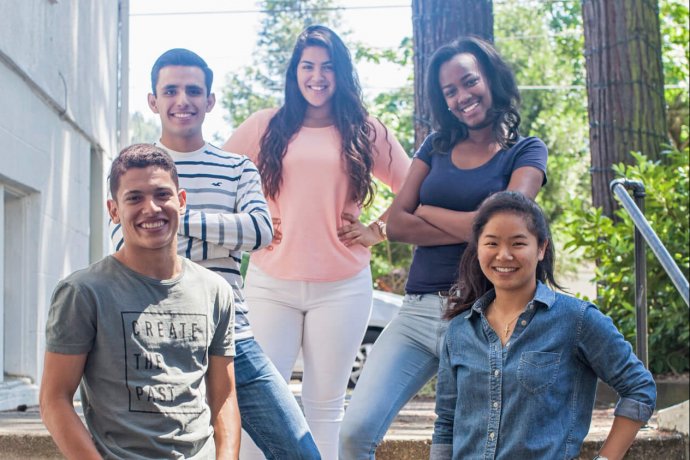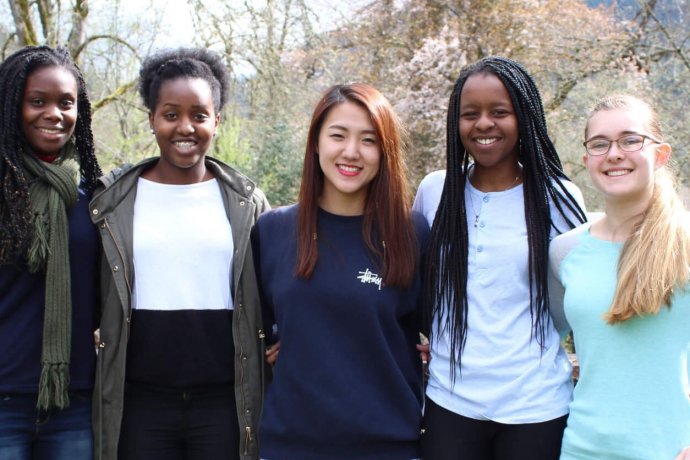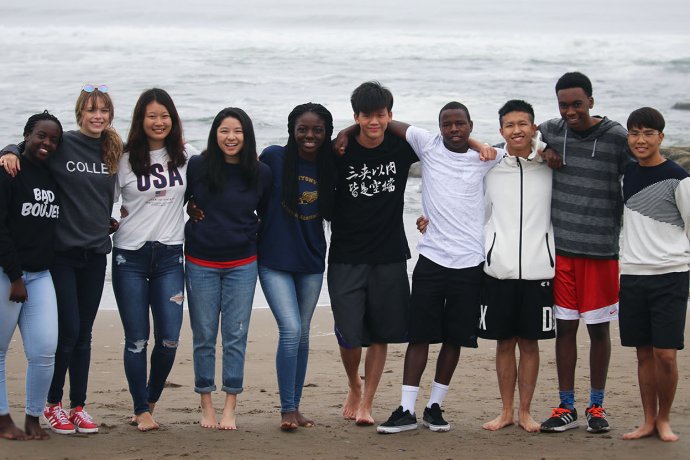Overcoming Culture Shock: Top Tips for Students Studying Abroad

by admin
Tips for Overcoming Culture Shock

Culture Shock Tips from the Esparza's
Fernando and Gude Esparza have worked at Canyonville Christian Academy for 17 years. Mr. Esparza is CCA’s accountant and Mrs. Esparza teaches Spanish, Algebra, Science, and Bible. They love CCA’s students and the special bond/relationships built with them every year. They are looking forward to meeting and getting to know all of the new students for this 2017-2018 school year. The Esparza’s are originally from Monterrey N.L. Mexico. Their two daughters attended and graduated from CCA. When they dropped their daughters off at CCA they fell in love with it. Later, they moved to the U.S. and began working at CCA. When working through culture shock the most difficult thing for them to adjust to was the food. However, overall, they were surprised that the transition was not as hard as they thought it was going to be.

“Try not to worry so much about the differences in culture. Give it time. You will soon start learning and understanding the language and culture. Don’t forget to have fun in the process and never be afraid to ask anything! We are here for you, to help you grow and be prepared for the challenges you may face in the future. Keep your identity. You don’t have to change yourself for another culture. Take all the good things this culture has and adapt or adopt them for your own life.”
Love, the Esparza’s
Recommended Posts

Richard “Dick” Sterling Sr ’59
May 18, 2022

OPEN HOUSE 2021 – Canyonville Academy
March 18, 2021

INTERNATIONAL SUCCESS; ONE STUDENT’S JOURNEY ACROSS THE WORLD
February 10, 2021










